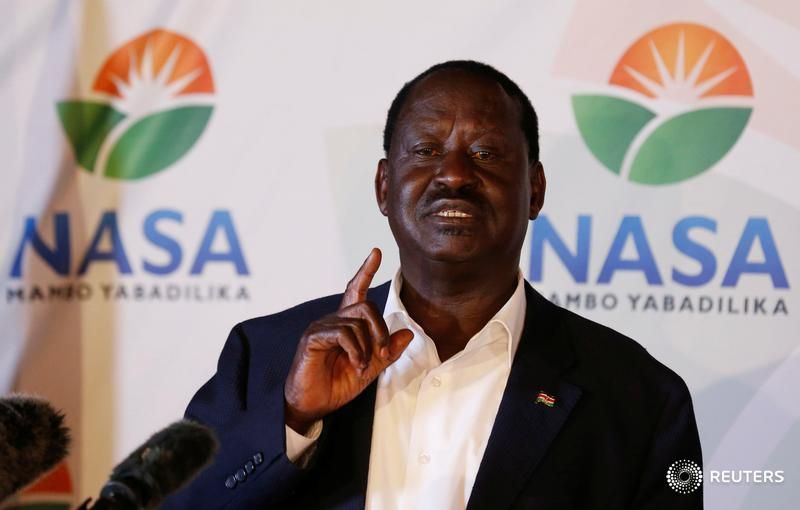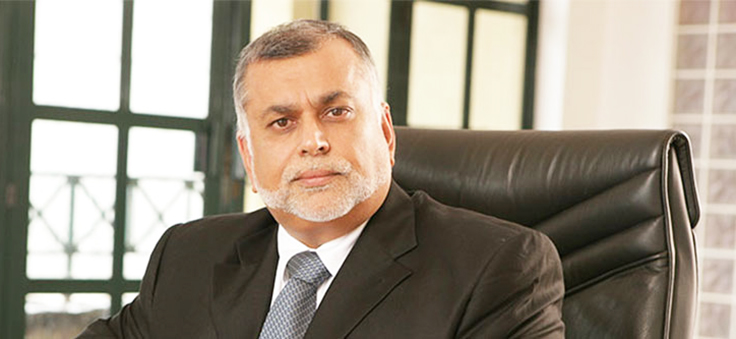Part of the Kiwumu integrated electricity plant
Uganda’s electricity consumption and demand have remained low, with electricity connectivity having dropped to 19% of the households in 2021 from 28% which had been recorded in 2018.
This means that the billions of shillings that have been invested in recent years have not yet had the impact that is expected, according to the Ministry of Energy and Mineral Development.
At 28%, Uganda needed at least 10 million new connections to reach the universal access average.
The decline in connectivity was largely due to the impact of the COVID-19 pandemic on the consumer’s spending power, which has forced some of them to revert to other sources of energy like wood and kerosene to meet their needs.
However, according to Umeme, there were a big number of small and medium enterprises that closed down business, leading to disconnection of services. The low connectivity level has generally been attributed to the limited transmission and distribution network reach, but also the lack of capacity by most Ugandans to pay for connection and maintenance due to the high cost of energy.
Now, different organisations from different sectors have partnered to jointly boost demand at the same time extending coverage, staring with a pilot project dubbed Utilities Twaake 2.0. The partners coordinated by Power for All, a global campaign to end energy poverty, also comprises Equatorial Power, a builder of energy infrastructure, Umeme Ltd, the leading distribution and, East Africa Power an integrated renewable energy development company.
Others are the Rockefeller Foundation which mobilise financing, as well as EnerGrow, a company which supplies asset financing and training of beneficiaries, for electric equipment for use in generating more money.
The Minister of State for Energy Okaasai Sidronius Opolot says there is need for more innovative solutions to ensure easier development of access and demand. At the commissioning of the pilot plant at Kasenene in Kiwumu, Kyampisi Subcounty in Mukono District, in a statement read by Energy Officer Bridget Nabagereka, he said mini or independent grids which integrate different sectors like this one, will go a long way in reviving and growing demand.
The 40 kilowatt-hour plant at Kiwumu targets to serve at least 400 households and small businesses and has already attracted more than 250 connections, which the partners say is more than they had expected. The plant features dozens of solar panels which feed the generation unit for electricity production.
The solar panels are supported by a standby generator, which, in case the energy stored during the day is not enough to due to weather changes, will power the solar batteries to charge and the system is replenished. The residents of Kiwumu and its five neighbouring villages say they have not experienced power cuts so far, unlike in other areas served by the main grid.
Equatorial Power partnered with Umeme to set up the plant and the distribution system.
Francesco Olive, the Chief Operations Officer of Equatorial Power, says even before the conclusion of the pilot, they are already seeing its success because of the high and increasing demand and utilization among households and businesses.
The pilot project was commissioned Monday following the installation of a grain processing plant too, as part of the project. This includes a grain drier which uses both biomass energy and solar energy from the plant to dry the grain, which is then taken to the milling section of the project. The machine was installed by East Africa Power as a part of the project to help the community enhance their incomes through value addition on the produce, and increased spending power enough to pay for electricity.
According to EA Power Country Manager, Victor Bahati, at the end of the pilot, they hope to leave the equipment with an identified entrepreneur in the community for sustainability purposes.
He says they have also planned to mill maize grain at 200 shillings per kilo compared to 300 per kilo on the open market, to attract farmers, and the company will meet the extra costs if there be any.
At the end of the project in two years, they hope the distribution line being constructed by the ministry through the Rural Electrification Program, will be ready for commissioning and part of the infrastructure integrated. At the end of the pilot, depending on its success, the solar plant will be relocated to another identified area to replicate the Kiwumu model, especially to develop the capacity of the people to access and utilize formal electricity. This capacity is developed partly by the aiding the community improve on their incomes by using electricity.
EnerGrow, one of the partners, provides asset financing products, targeting equipment that use electricity for income generation, like refrigerators, carpentry equipment and processing equipment among others. According to the CEO, Aaron Leopold, the pilot has shown potential and they hope to replicate it in other places, because their customers have utilized the finance well and improved their incomes.
The Area MP Abdallah Kiwanuka (Mukono North) said the project developers should work towards easing the cost of access by the consumer because, according to him, it is the main problem affecting the electricity sector.
Umeme Chief Operations Officer Florence Nsubuga says that currently, if the country is to achieve the required universal access to electricity, it would need 5 billion dollars over 10 years of investment in distribution, while transmission requires 7 billion dollars. This, she says is not possible currently, hence the adoption of mini grid models will go a long way in helping this.
But she says that this will also go a long way in solving an impending issue excess capacity which the taxpayer pays for, especially as new power projects are coming up to feed the main national grid.
–URN





